Michael Bidwell is a young man with a huge future in front of him.
A talented and respected environment and planning lawyer at Herbert Smith Freehills, Director and Vice President Qld of Pride in Law and a rainbow community advocate, Michael has climbed and conquered many mountains.
The journey to where he is now was fraught with danger of the worst kind – indirect and direct innuendo and slurs – which had him thinking of leaving the legal profession for good. His determination to generate change – not just for him, but for everyone treading a path like him – has seen him stand up for himself and stand strong for his community in the legal profession.
In 2018, Lawyers Weekly conducted a survey to determine current perceptions on rainbow community inclusion within Australia’s legal profession.
The survey found that 90% of respondents agreed or strongly agreed that employees who identified as part of the rainbow community could comfortably be themselves around colleagues and immediate supervisors, but when thinking about senior management, this number dropped marginally to 85%.
Also, almost half of legal professionals (44%) believed their employers could be making more of an effort in rainbow community inclusion, and two-thirds (66%) wanted the profession as a whole to do more.
Entry into the profession for Michael was a confusing and lonely time.
“I was told by a partner that my sexuality would hold back my career,” Michael said. “I had to separate my personal and professional life.
“It is not easy to maintain when you know what your reality is. I couldn’t bring my whole self to work. This led to depression, anxiety and a questioning of my ability to do my job.”
Unfortunately, this experience is not limited to just Michael. He says 49% of rainbow community millennials are still not out at work.
“Many junior professionals feel it is a barrier to promotion – it does hold back your career,” he said.
“There is always something in the media which reminds us every day that there are people against you. The assumptions that our identities are wrong, you’re not masculine enough, you’re not feminine enough. Because we live in a society that still questions, the barriers will be there.”
For Michael professionally, it got to a point where hiding his true self was not working for him anymore. Gradually, he started coming out to some people at work – some were great, some were not.
But it was an internal work best-dressed competition that brought Michael to the crossroads. The contest was judged by loudest applause and appearing in a leopard print suit, Michael was clearly the crowd favourite and winner. However, a very public stance from one of the firm’s partners saw the prize given to someone else.
“I felt isolated in a very public way,” Michael said. “It wasn’t directly linked to sexuality, but there was a clear purpose behind his actions. This was the very first time I saw that someone felt comfortable doing something like this and they just didn’t think it was an issue to do it.”
Michael thought of leaving the legal profession for good. Luckily for the profession, Michael decided to be part of the change.
“I spoke out about this behaviour to our HR team,” he said. “Then a senior partner and I started the firm’s rainbow community initiative.”
“After we launched the initiative, a partner told me that I had saved lives because of this. Change will come from senior partners and management support of these initiatives. They should be proud allies and visible partners in change.”
Michael now works at a firm where he has always been able to bring his whole self to work and which as never questioned his identity.
While Michael’s journey has ended well, he is all too aware that there still is a long way to go for the rainbow community to be fully accepted in the legal profession.
“We need to educate and firms need to invest in diversity and inclusion initiatives and training. They need to make sure that everyone goes to this training, not just employees that already support the community.
“My goal is that we get society to a point of compassion and empathy. And in a work environment, we need to communicate what a baseline of equality means and what happens if people step outside those bounds.”
Footnotes:
1 Doraisamy, J (2018) ‘Law and LBGTQI rights: Where are we at’ Lawyers Weekly, 30 May 2018.
2 Ibid.
This story was originally published in Proctor March 2020.


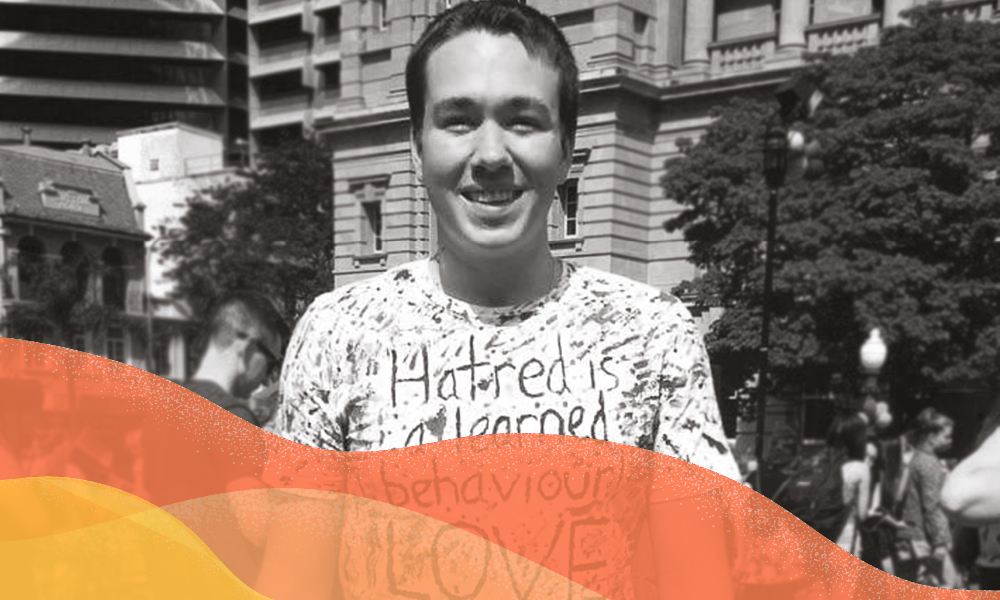



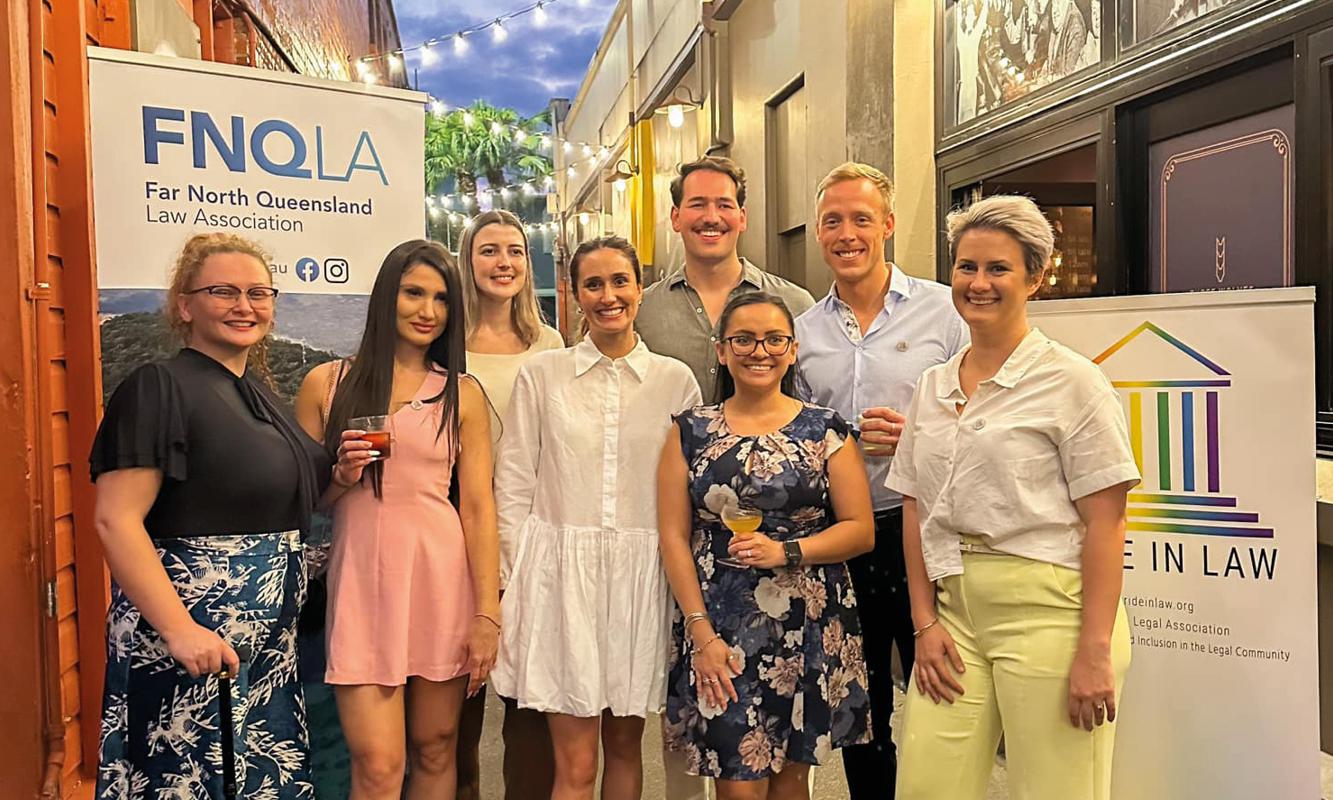
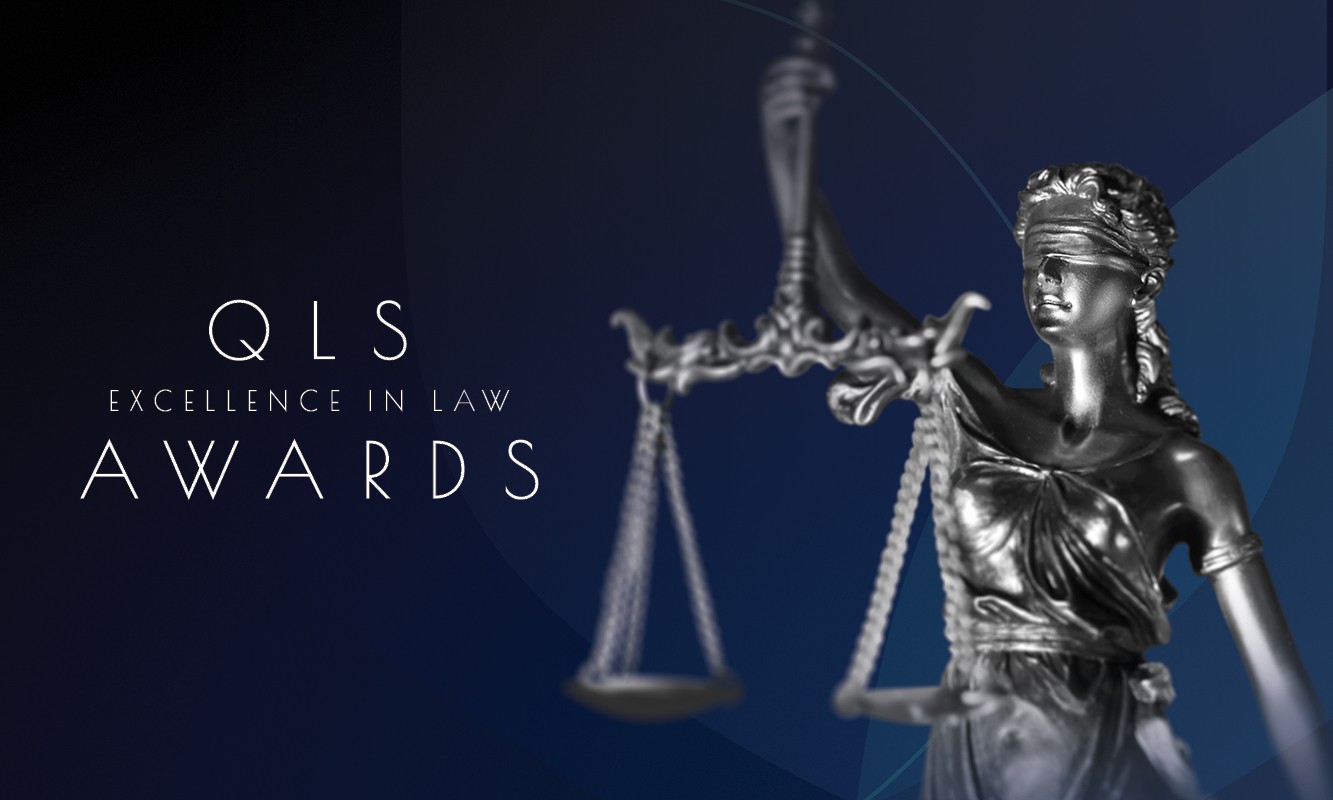
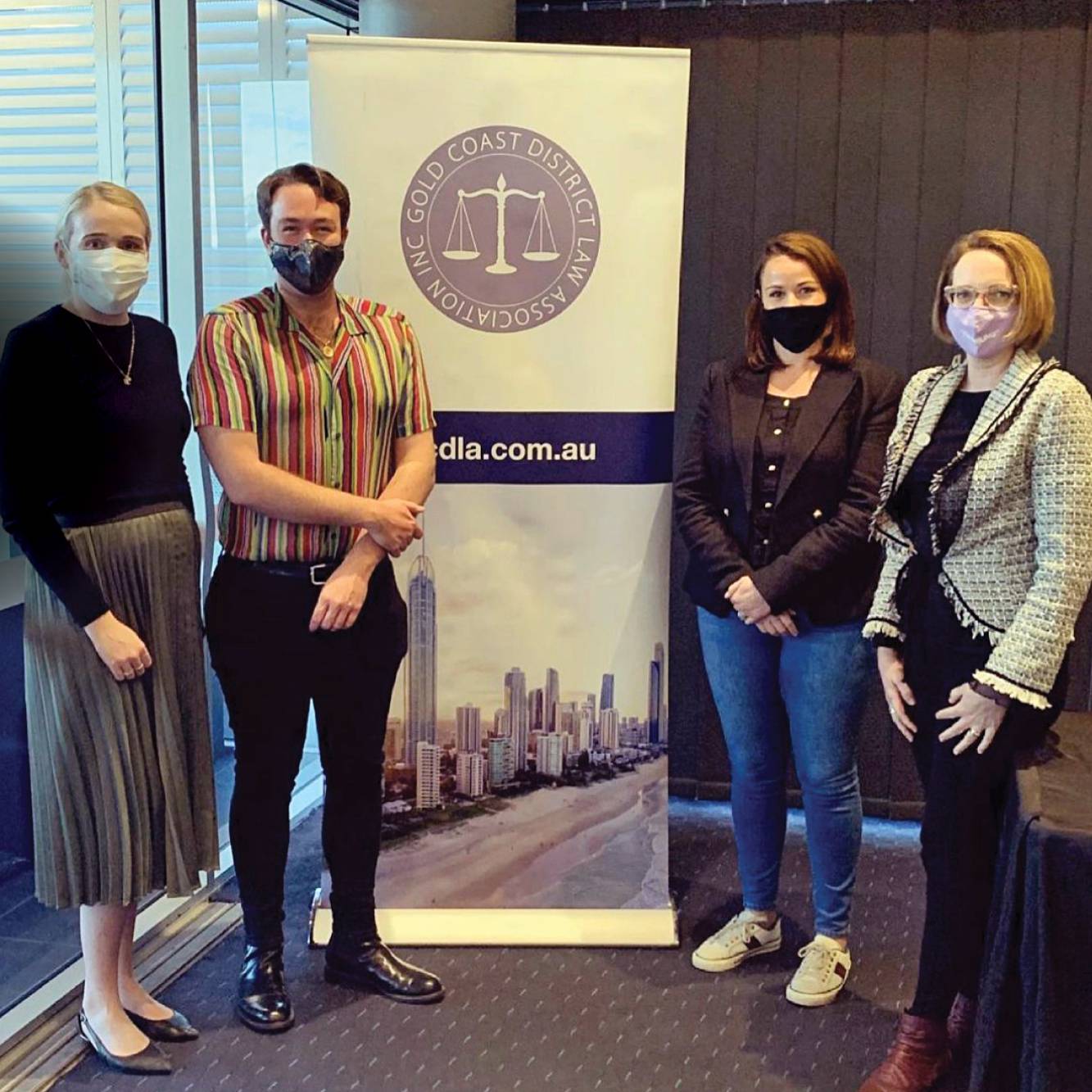
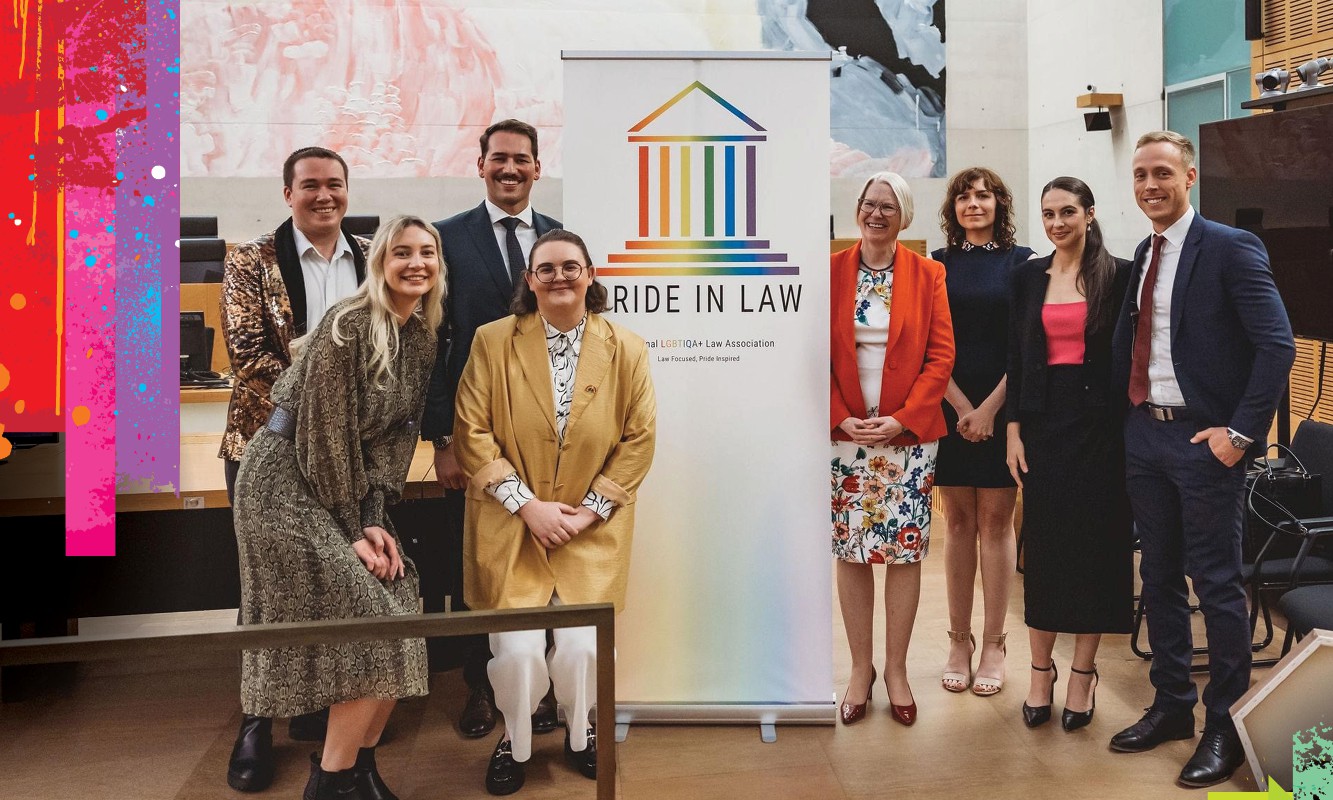
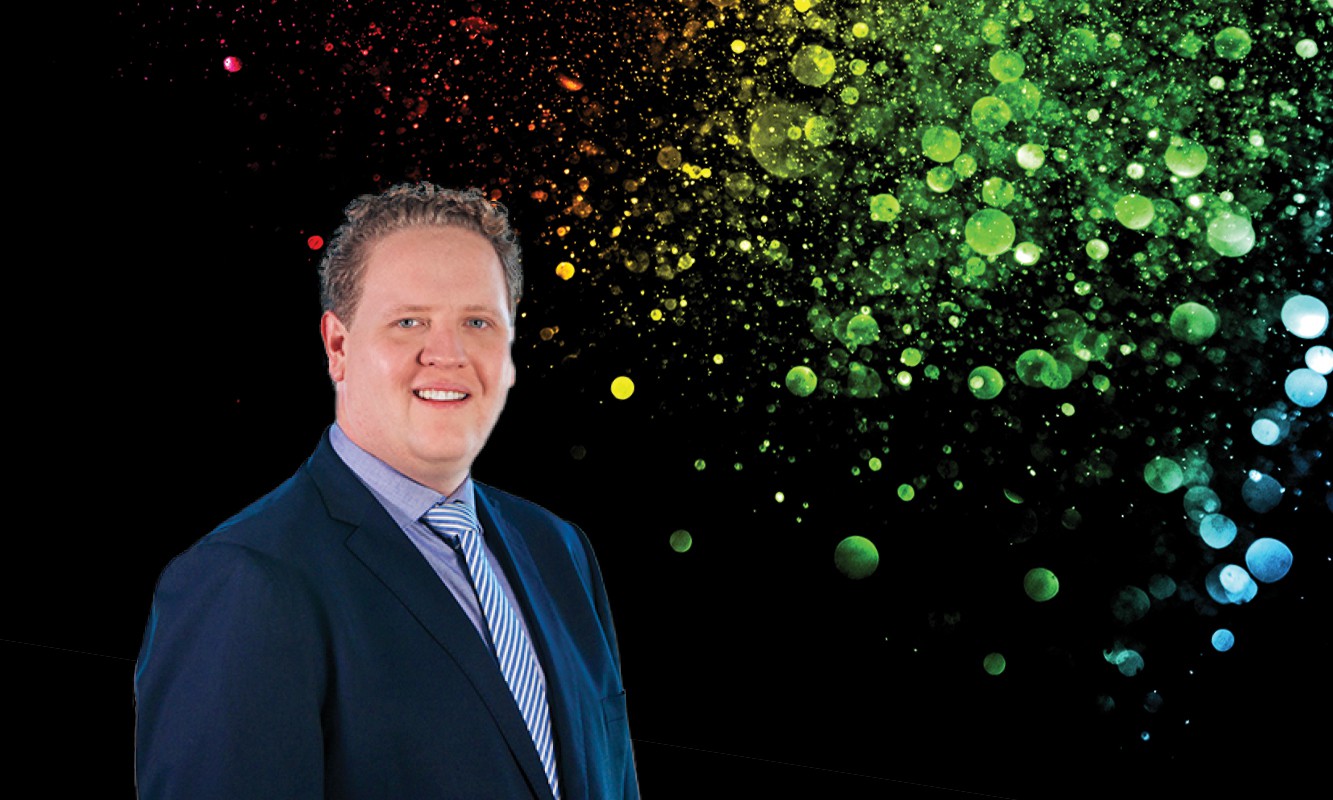
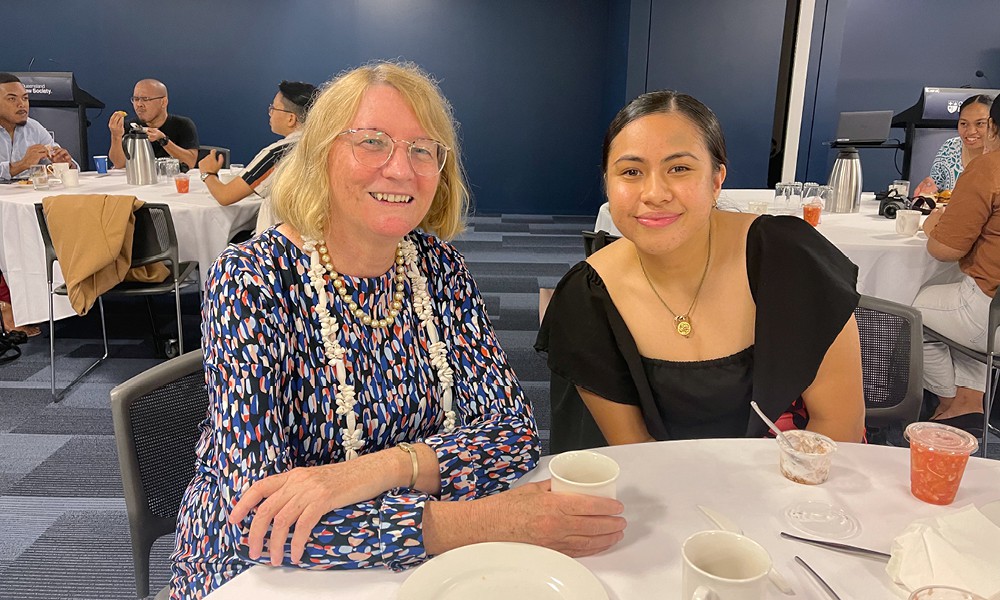

Share this article